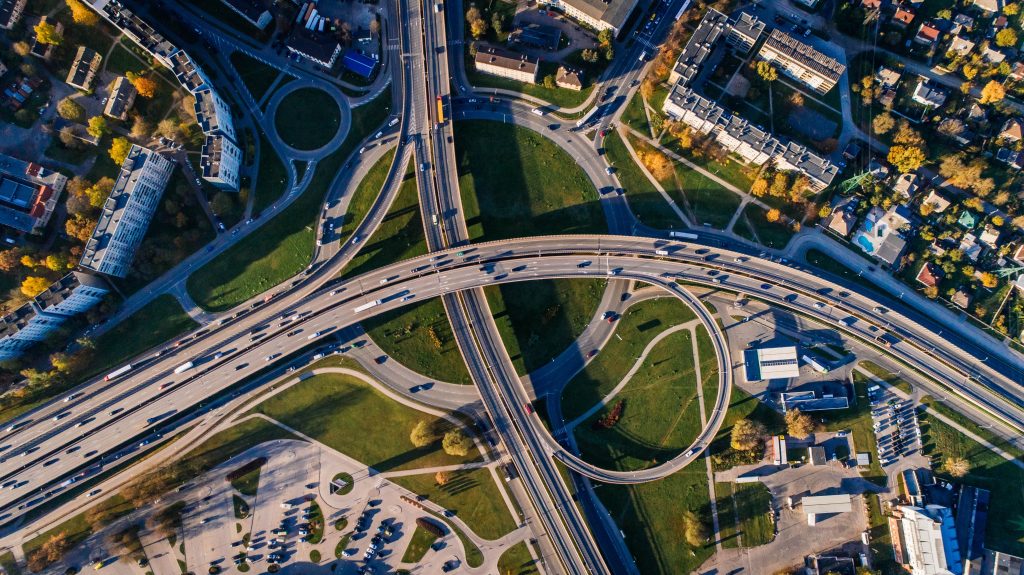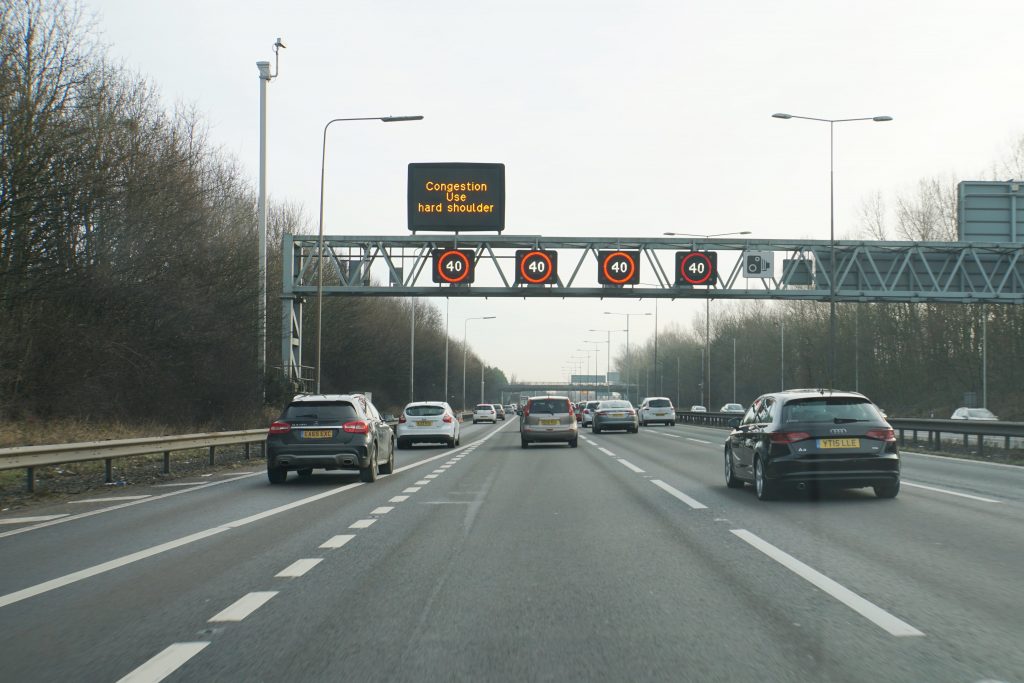In a time where it seems that everything is linked to technology: our homes, our cities and of course, ourselves, it is no surprise that there is a view to introducing such practices to something that many of us travel along every day: roads.
Smart roads, much like smart homes and smart cities, have been devised to aid commuters in making their journeys a much more interactive experience.
The plan is to revamp the way we see our highways and streets to provide live feedback on traffic, weather, and road conditions and find solutions towards harnessing and generating solar energy to help usher in the age of autonomous vehicles.
Benefits of Smart Roads
Everybody, at one point or another, has experienced the loathsome drag of sitting in traffic that stretches as far as the eye can see. We have all found ourselves coming across an unexpected delay that disrupts the journey and leads to apologetic phone calls explaining that arrival may be a little bit later than expected.
Smart roads look to eliminate such issues. There are those digital road signs which inform you of slow traffic in the next ten miles, there are those that warn to slow down due to motor accidents, but this technology is painfully outdated and there is no guarantee that everyone will pay attention when passing them.
So, what if you could receive this information directly to your vehicle way ahead of time and suggesting alternate routes without the grating whine of Google Maps telling you over and over again to turn around? Having traffic information sent directly to your dashboard will warn you ahead of time if you need to make adjustments to your route.
Another positive is the ability to generate solar energy to help light the way, as well as aid the charging of autonomous cars to reduce battery loss.
The emphasis on green, renewable energy has encouraged people to look towards alternative methods of transport such as carpooling, public transport, or cycling. This is not always possible for long commutes, though, and so there are still many cars on the road that produce carbon emissions every day, to and from destinations.
Using solar energy will allow for a reduction in such emissions. As more people adopt electric or autonomous cars, the added bonus of charging-while-driving offered by smart roads will demonstrate a reduction in harmful gases polluting the air every day.
Challenges in Transition

There are however challenges associated with making the transition from traditional roads to smart roads. Currently, the primary reason is that not enough people own cars that would benefit such adaptations.
While there has been a surge in purchases in the last four years, there are just 150,000 owners of electric cars registered in the UK. It is not yet viable for governments to implement smart roads across the country because the market share does not suggest such actions would be a sound investment.
As autonomous are not yet commercialized, the cost to undertake these changes would not be beneficial. As attractive as a self-driving car might seem to some, there are still doubts regarding their safety. The recent Uber accident has brought many people back down to earth and made them realize that even though we have the technology, a driverless future is still far from reality.
Prominent Smart Road Nations
Wanting to stay ahead of the curve and demonstrate a willingness to start thinking about the planet, there are a number of nations that are committed to working on, developing and eventually introducing smart roads across their land.
Thoughts immediately go to the likes of the USA, the home of prominent electric vehicles like Tesla, but it is not just Elon Musk and his merry band of geniuses, as well as Smart America, who are focusing on such developments. Just recently, Sweden introduced their first smart road that charges electric vehicles while driving.
The road itself is merely a pilot scheme covering a two-kilometer stretch just outside Stockholm, but should it prove successful, it shows that this technology can be effective and might even prompt more people to invest in electric cars.

Smart Roads in the United Kingdom, http://www.geograph.org.uk/photo/5251763
(Copyright Bill Boaden and licensed for reuse under this Creative Commons Licence.)
Countries such as the UK have also been planning for smart roads for some time and have recently begun to implement these in 2017/2018 as seen above. In 2015 testing for charging-while driving began to solve the long commute issue. Another country that appears to be leading the way is China, which has been working on their first-generation smart road products that include solar panels generating energy.
New Road, New Technology
Solutions to adapting our roads from the old ways to the new may not entirely remove the potential for road damage, but they can help in other ways. Solar energy is now cheaper to develop than ever before, and using this to help power streetlights and road markings will reduce the amount of electricity needed to be produced.
Norway is working on fiber-optic technology to install under the surface that records information about passing traffic to provide real-time updates to drivers and help them understand what to expect during their journey.
Sweden’s aforementioned smart road utilizes charging strips along the roads, assisted by a robotic arm that connects to such strips while driving. It is not that the driver can sit back and relax – they are still responsible for steering – but the charging strip will help them avoid needing to stop and charge during long journeys and keep the car powered throughout.
Linking the roads themselves to vehicles through the Internet of Things will make the typical travel experience much more interactive. Traffic updates, roads that honk, renewable energy are all aspects that can be considered for inclusion.
A Road To The Future
Technology is always looking for solutions to make our lives easier. Smart roads have the potential to be just what weary commuters are looking for. Autonomous vehicles working in tandem with smart roads would allow for some extra sleep on the way to work, help towards fixing the environment and perhaps even solve congestion issues on busy highways.
While there is certain to be delays and issues with the installation of smart roads, finding the right systems that benefit both the driver and the planet will help other nations adapt and develop similar technologies for their own use. Countries such as the USA, UK, Sweden, Norway and China have already begun, should their methods prove successful, the rest of the journey could be easy riding.


